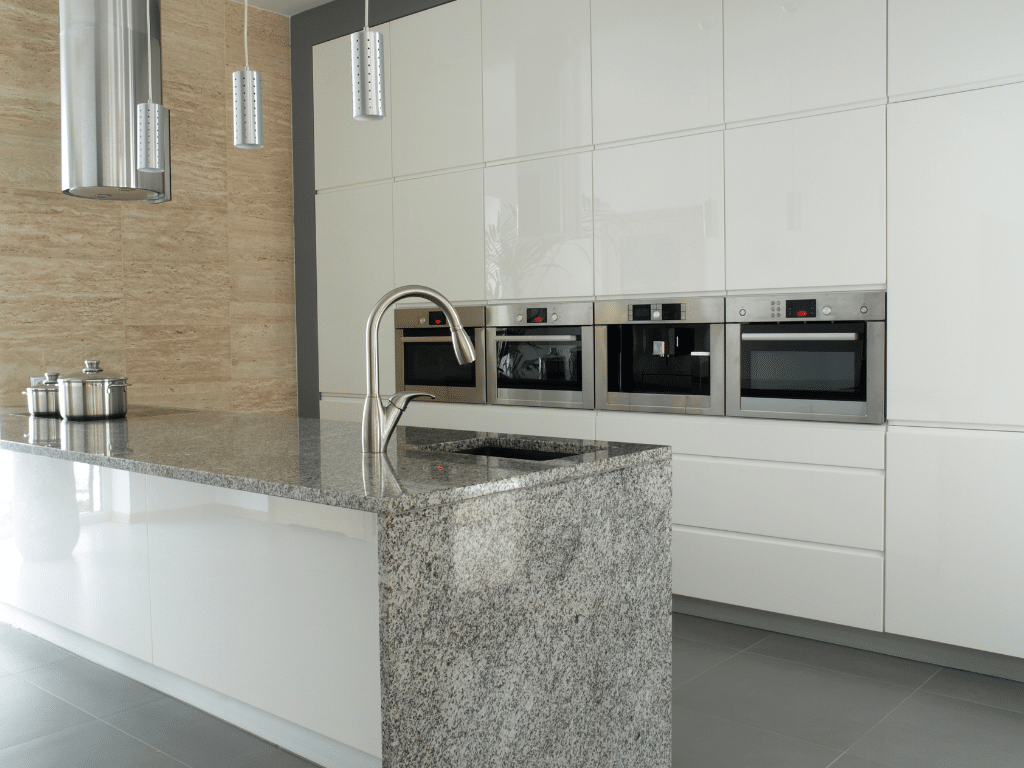
The two most popular countertop materials are easily granite and quartz because there are so many benefits to these stones. The competition between granite and quartz has been going on for years, and while much of it comes down to preference, there are certain details about each stone that can help you decide which one is the better choice for you and your family.
There are plenty of advantages to using either type of countertop—they are both sturdy, beautiful, and versatile. They are also extremely long lasting.
At Washington Marble Works, we consider ourselves the experts in quartz and granite countertops. We put together this article on granite vs. quartz in order to familiarize our customers with both materials and make an informed decision.
The Rundown on Quartz
Unlike granite, quartz countertops qualify as an engineered stone. Their base is composed of natural quartz, but they have a small percentage of polymers and resins added that seal the pores of quartz and transform this material into a nonporous surface. Because it’s nonporous, you never have to worry about a sealing routine.
The Pros and Cons of Quartz
The Pros:
– It can mimic the look of natural stone with a lower level of maintenance.
– It’s possible to mix similar patterns.
– It’s stain resistant.
– Because of the resins, it’s a flexible stone and unlikely to crack.
– There’s a wide array of colors and patterns to choose from.
The Cons:
– The resins cause it to fade under direct sunlight.
– Resins can be sensitive to heat, making quartz less heat resistant than natural stone.
– Slabs can get expensive.
– It does not have the nature-made uniqueness that natural stone does.
The Rundown on Granite
Granite is sourced straight from the earth. It is an igneous stone, and the differing amount of choice minerals are responsible for its varied looks. Composed mostly of quartz and feldspar, it contains no artificial additives or synthetic materials.
But, unlike quartz, granite does require a regular sealing routine as it is a porous stone.
The Pros and Cons of Granite
The Pros:
– It’s extremely sturdy and durable.
– It’s resistant to heat, stains, and scratches.
– There are plenty of colorations and designs to choose from.
– It works well outdoors.
– It does not absorb liquids as long as it’s sealed.
The Cons:
– Its seams are visible—their appearance can be reduced but not eliminated.
– Without sealant, it may collect bacteria.
– It’s very heavy, and only professionals should install it.
– It could crack if something heavy is dropped on a corner or an edge.
– Granite is known for its busy patterns; it may be difficult to find a plain slab.
Making the Choice: Granite vs. Quartz
If you still need assistance in making the choice between granite and quartz, contact us at Washington Marble Works. We are happy to help in any way we can.
